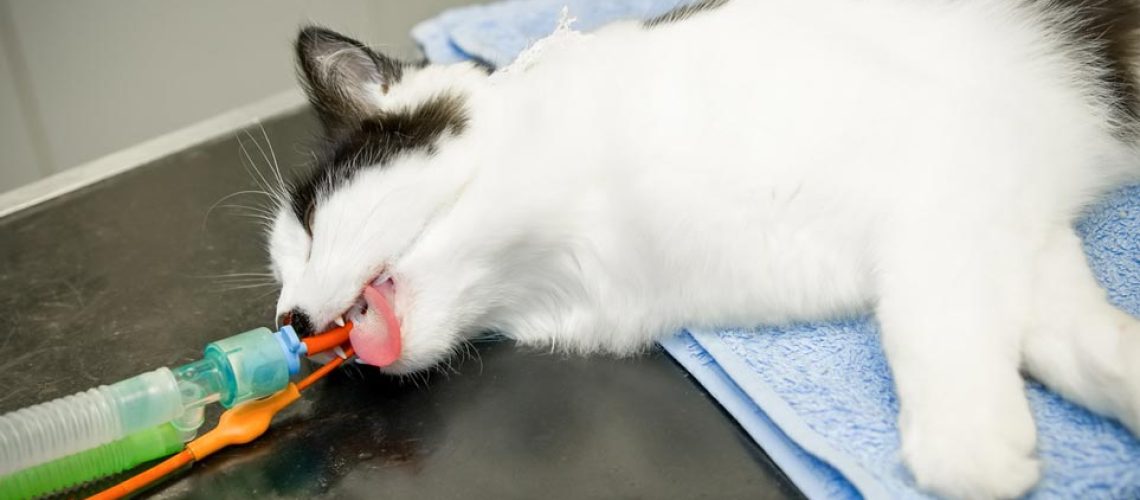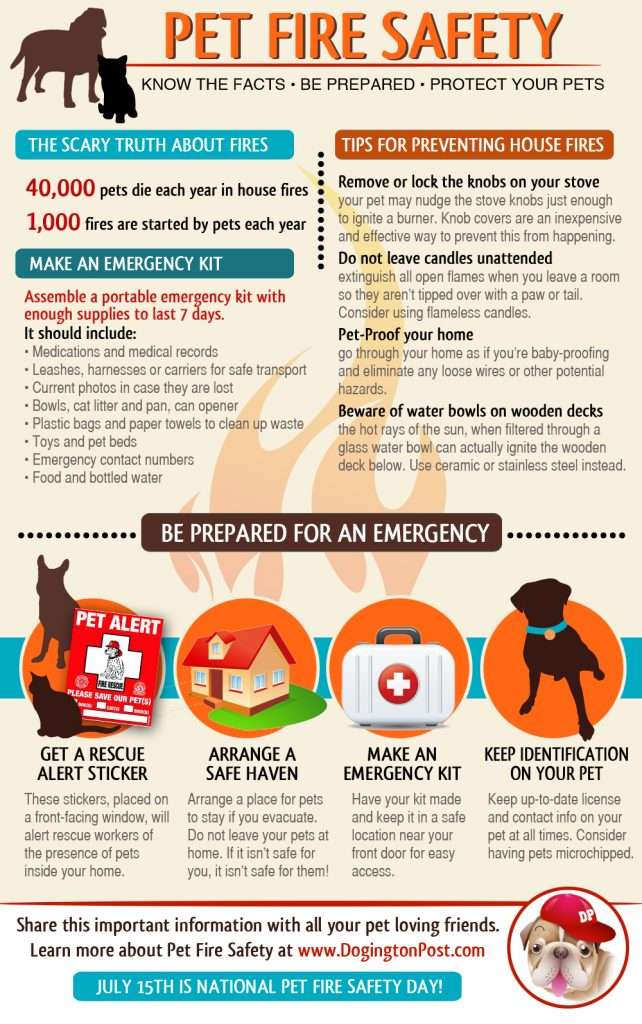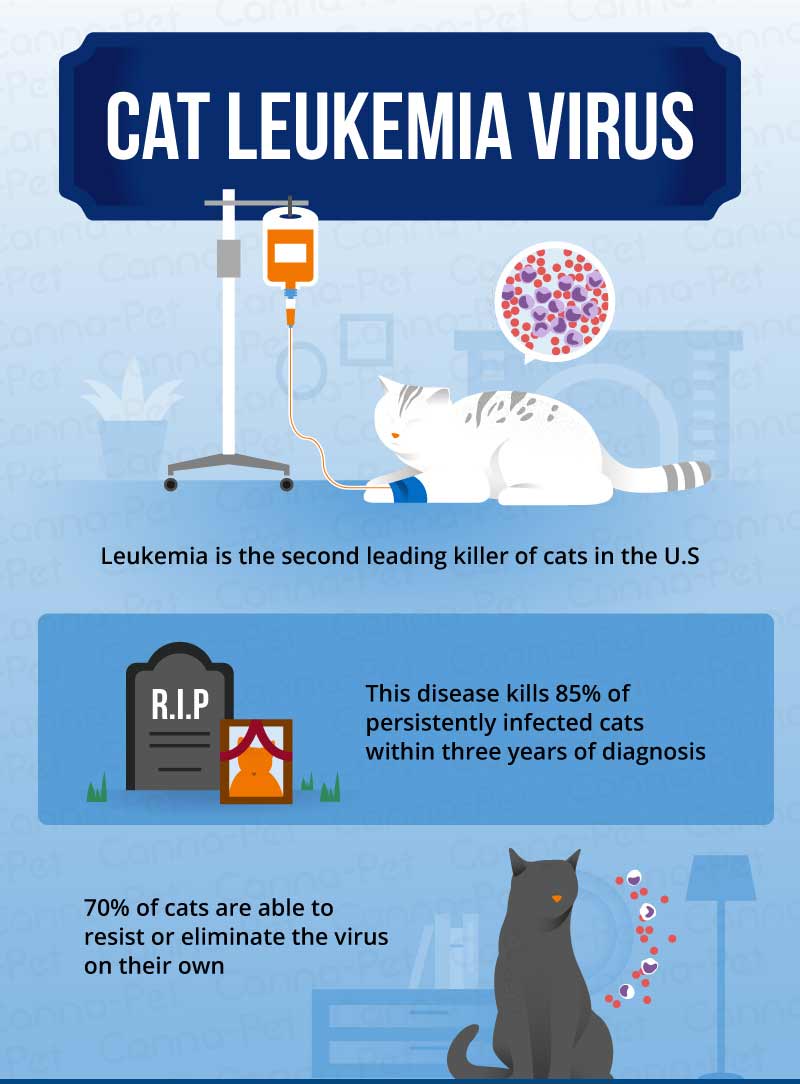Are you a cat lover who wants to ensure the safety and well-being of your furry friend? If so, then understanding anesthesia for cats is essential. Whether it's for routine procedures or emergency surgeries, knowing the ins and outs of snoozing safely can make all the difference. In fact, did you know that 1 in 10 cats experience complications during anesthesia? By delving into this topic, you'll gain valuable knowledge on how to keep your beloved pet safe and sound. So, get ready to explore the world of feline anesthesia and become a savvy cat parent in no time!
Key Takeaways:
- Anesthesia is commonly used in veterinary medicine to ensure the safety and comfort of cats during surgical procedures.
- Cats should be fasted prior to undergoing anesthesia to reduce the risk of complications such as aspiration pneumonia.
- Pre-anesthetic testing, including blood work and physical examination, is crucial to identify any underlying health issues that may affect the cat's response to anesthesia.
- Veterinary professionals closely monitor cats under anesthesia using advanced monitoring equipment to ensure their vital signs remain stable throughout the procedure.
- After anesthesia, cats require a proper recovery period in a warm and quiet environment to allow them to fully regain consciousness and minimize post-operative complications.
What is anesthesia and why do cats need it?
Anesthesia is a type of medication that makes cats unconscious and unable to feel pain during medical procedures. It is necessary for cats because it allows veterinarians to perform surgeries, dental cleanings, and other treatments without causing them discomfort or distress. Anesthesia ensures that cats remain still and calm during these procedures, making it easier for the veterinarian to work and reducing the risk of injury.
Why do cats need anesthesia?
Cats need anesthesia because they can't understand what's happening during medical procedures, and they may become scared or aggressive. Anesthesia keeps them asleep and relaxed so that the veterinarian can safely examine their bodies, perform surgery, or administer treatments. Without anesthesia, cats would experience pain and stress during these procedures, which could harm their health and make it difficult for veterinarians to provide proper care.
How does anesthesia work in cats?
Anesthesia works by blocking nerve signals in the cat's body, preventing them from feeling pain or moving. There are different types of anesthesia used in veterinary medicine, including injectable drugs and inhalants. The veterinarian will choose the most appropriate type of anesthesia based on the cat's age, health condition, and the procedure being performed.
How does anesthesia keep cats safe during medical procedures?
Anesthesia keeps cats safe during medical procedures by keeping them still and preventing them from feeling any pain. When a cat is under anesthesia, their breathing is carefully monitored by the veterinary team to ensure they are getting enough oxygen. The veterinarian also monitors the cat's heart rate and blood pressure throughout the procedure to make sure they are stable.
The role of an anesthesiologist
In some cases, an anesthesiologist may be present during complex procedures to manage the anesthesia and monitor the cat's vital signs. The anesthesiologist is a specialized veterinarian who has extensive training in administering anesthesia and managing any complications that may arise during the procedure.
The importance of pain management
Another way anesthesia keeps cats safe is by allowing for proper pain management. Cats, like humans, can experience pain after surgery or other medical procedures. Anesthesia ensures that cats are comfortable during their recovery period by blocking any pain sensations. This allows them to heal properly without experiencing unnecessary discomfort.
Are there any risks or side effects of anesthesia for cats?
While anesthesia is generally safe for cats, there are some risks and potential side effects that pet owners should be aware of. These include:
- Allergic reactions to the anesthesia medication
- Changes in heart rate or blood pressure
- Respiratory problems
- Nausea and vomiting
- Delayed recovery from anesthesia
To minimize these risks, veterinarians take precautions such as conducting pre-anesthetic blood tests to assess the cat's overall health before administering anesthesia. They also carefully monitor the cat throughout the procedure and adjust the dosage as needed.
Important things to know before your cat undergoes anesthesia
If your cat is scheduled for a procedure requiring anesthesia, there are a few important things you should know:
- Fasting: Your veterinarian will likely instruct you to withhold food and water from your cat for a certain period before the procedure. This helps prevent complications during anesthesia.
- Pre-anesthetic examination: The veterinarian will conduct a thorough examination of your cat before administering anesthesia to ensure they are healthy enough for the procedure.
- Consent forms: You may be asked to sign consent forms that outline the risks and potential complications of anesthesia. It's important to read these forms carefully and ask any questions you may have.
- Follow post-anesthetic instructions: After the procedure, your veterinarian will provide specific instructions for your cat's recovery. It's crucial to follow these instructions closely to ensure a safe and smooth recovery.
How can you prepare your cat for anesthesia?
To help prepare your cat for anesthesia, there are a few steps you can take:
- Create a calm environment: Keep your cat in a quiet and comfortable space before the procedure to help reduce stress.
- Follow fasting instructions: Make sure to withhold food and water as instructed by your veterinarian. This helps prevent complications during anesthesia.
- Discuss medications with your vet: Inform your veterinarian about any medications or supplements your cat is currently taking, as they may need to be adjusted before the procedure.
- Ask questions: If you have any concerns or questions about the anesthesia process, don't hesitate to ask your veterinarian. They will be happy to address any worries you may have.
What happens to cats when they are under anesthesia?
When cats are under anesthesia, they experience a deep sleep-like state where they are unconscious and unable to feel pain. The veterinarian will administer the anesthesia medication either through an injection or by using an inhalant gas that is breathed in by the cat.
The stages of anesthesia
Anesthesia has different stages that cats go through:
- Induction: This is when the cat first receives the anesthesia medication and starts to become unconscious.
- Maintenance: Once the cat is fully asleep, the veterinarian will monitor their vital signs and adjust the anesthesia level as needed to keep them in a stable state.
- Recovery: After the procedure is complete, the veterinarian will stop administering anesthesia, and the cat will gradually wake up. They may feel groggy or disoriented during this time.
The role of the veterinary team
The veterinary team closely monitors the cat's breathing, heart rate, and blood pressure throughout the entire anesthesia process. They ensure that the cat remains stable and safe during the procedure.
Tips for ensuring a safe recovery from anesthesia for your cat
After your cat undergoes anesthesia, there are several steps you can take to help ensure a safe recovery:
- Create a quiet space: Set up a calm and comfortable area where your cat can rest after returning home. Keep noise levels low to avoid causing stress or agitation.
- Monitor food and water intake: Offer small amounts of food and water initially to prevent vomiting or stomach upset. Gradually increase amounts as directed by your veterinarian.
- Keep an eye on incision sites: If your cat had surgery, monitor their incision site for any signs of infection or complications. Contact your veterinarian if you notice any redness, swelling, discharge, or excessive licking at the site.
- Administer medications as prescribed: If your cat was prescribed medication for pain or other purposes, make sure to follow the dosage instructions provided by your veterinarian. Do not give any additional medications without consulting with them first.
- Contact your vet with concerns: If you have any concerns about your cat's recovery or notice any unusual symptoms, contact your veterinarian right away. They can provide guidance and reassurance.
In conclusion, anesthesia is a safe and necessary part of veterinary care for cats. It helps them stay calm and pain-free during surgeries or procedures. By following the instructions of the veterinarian and being aware of potential risks, we can ensure our furry friends snooze safely.
What are the risk factors for cat anesthesia?
Having certain medical conditions can raise the likelihood of experiencing complications from anesthesia. Some of these conditions include heart, liver, or kidney disease, diabetes, anemia, dehydration, and specific infectious diseases like heartworm disease.
Should I put my cat under anesthesia?
Typically, cats that are in good health do not encounter many issues, and the benefits of anesthesia, such as spaying or neutering, usually outweigh the potential risks. Older cats or those with weight or pre-existing heart problems are more likely to be at risk.
Is anesthesia safe for sick cats?
According to Moyal, the risks associated with anesthesia in cats are generally low. One specific challenge is the difficulty of intubating cats, which can result in some trauma to their airway during the process. Nonetheless, overall, anesthesia is considered safe for cats.
How long can cats be affected by anesthesia?
The duration of anesthesia for a cat varies based on the type of anesthesia administered and other factors. Typically, when pets undergo anesthesia at the Animal Hospital of Statesville, it can take anywhere from 12 to 24 hours for them to fully recover and return to their normal state.
Should I let my cat sleep after anesthesia?
After receiving anesthesia, cats may take up to 48 hours to fully recover and return to their normal behavior. During this period, it is expected that they will mostly sleep. It is important to provide a cozy and draft-free bed for your cat to rest without any disturbances.
Can cats have water before anesthesia?
If feasible, it is recommended for pet owners to make sure their cat does not eat any food after midnight before a planned surgery. However, it is generally acceptable for the cat to drink water.

















